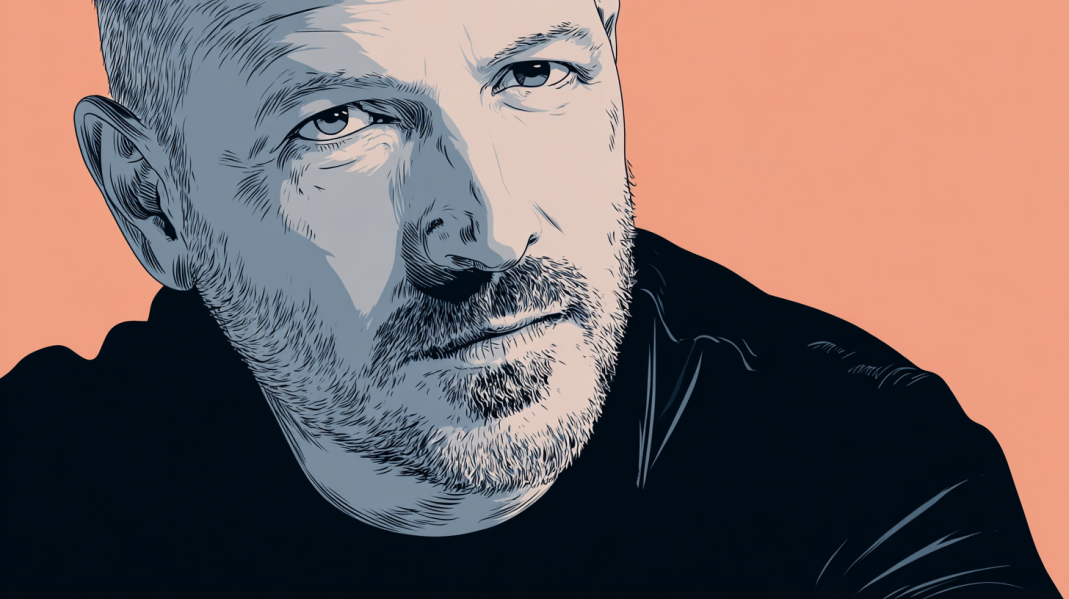
Jony Ive and Sam Altman Unveil Vision for AI-Powered Devices at OpenAI’s Dev Day
During a captivating session at Fort Mason, OpenAI CEO Sam Altman engaged in a revealing dialogue with Sir Jony Ive, the renowned designer behind Apple’s most iconic products. This exclusive conversation, attended by 1,500 developers and not available on public livestream, provided unprecedented insight into their collaborative project aimed at creating a new "family" of AI-powered devices.
The partnership between Altman and Ive was solidified with OpenAI's substantial $6.5 billion acquisition of Ive's hardware startup, Io, earlier this year. Although specific product details were kept confidential, the discussion focused on a significant mission: to mend the fractured relationship between humanity and technology.
A New Design Philosophy
For nearly 45 minutes, Ive shared his vision, which he described as both a continuation and a re-evaluation of his life's work. The designer, known for shaping modern personal computing with the iPhone, is now determined to address the anxieties that technology has instigated.
“With the launch of ChatGPT, it felt like our purpose for the last six years became clear,” Ive stated. He emphasized that this collaboration is driven by a profound duty to humanity rather than corporate interests. “The reason we’re doing this is we love our species, and we want to be useful,” he added.
Addressing Tech Anxiety
Ive’s critique of the current technological landscape was striking. He expressed concern over the uncomfortable relationship many people have with their devices, stating that it is “the most obscene understatement” to describe it as merely uneasy. Rather than prioritizing productivity, the primary goal of their new devices is emotional well-being.
“I know I should care about productivity, and I do,” he remarked, “but my ultimate goal is that these tools make us happy, fulfilled, more peaceful, and less anxious.” This marks a significant shift from the typical efficiency-driven ethos prevalent in Silicon Valley.
Navigating Challenges in Innovation
Despite the clarity of their vision, both Altman and Ive acknowledged the challenges ahead. Reports indicate that technical hurdles and philosophical debates have been slowing progress on the project. Ive admitted that the rapid advancement of AI has generated a plethora of possibilities, complicating the decision-making process.
“The momentum is so extraordinary... it has led us to generate 15 to 20 really compelling product ideas,” he shared. However, the challenge lies in maintaining focus amidst such overwhelming options.
A Screenless Future?
While no devices were showcased during the event, it is suggested that the project will encompass a family of devices, potentially moving away from the conventional screen-centric paradigm. Ive argued that it would be “absurd” to deliver today's advanced AI capabilities through outdated technology. Instead, he envisions a device that feels natural and intuitive.
“It should seem inevitable. It should seem obvious, as if there wasn’t possibly another rational solution to the problem,” he explained, echoing a design philosophy reminiscent of his tenure with Steve Jobs. Additionally, he expressed the need to reintroduce joy and whimsy into technology, countering a culture that has become overly serious.
The session concluded with a philosophical blueprint rather than technical specifics, underscoring the narrative that Jony Ive is now betting on a future where technology is less anxiety-inducing and more human-centric.
Rocket Commentary
The dialogue between Sam Altman and Sir Jony Ive at Fort Mason, while shrouded in confidentiality, underscores a pivotal moment for the intersection of AI and design. Their collaboration, particularly following OpenAI’s acquisition of Ive's hardware startup, hints at a transformative approach to technology—one that aspires to bridge the gap between humanity and the digital realm. However, as we anticipate the launch of these AI-powered devices, it is crucial to scrutinize the ethical dimensions of such innovations. Will they truly enhance user experience, or will they deepen our dependency on technology? The industry stands at a crossroads, where the commitment to accessibility and ethical standards must guide the development of these new tools. The potential is immense, but it should serve the collective good, ensuring that technology uplifts rather than alienates.
Read the Original Article
This summary was created from the original article. Click below to read the full story from the source.
Read Original Article